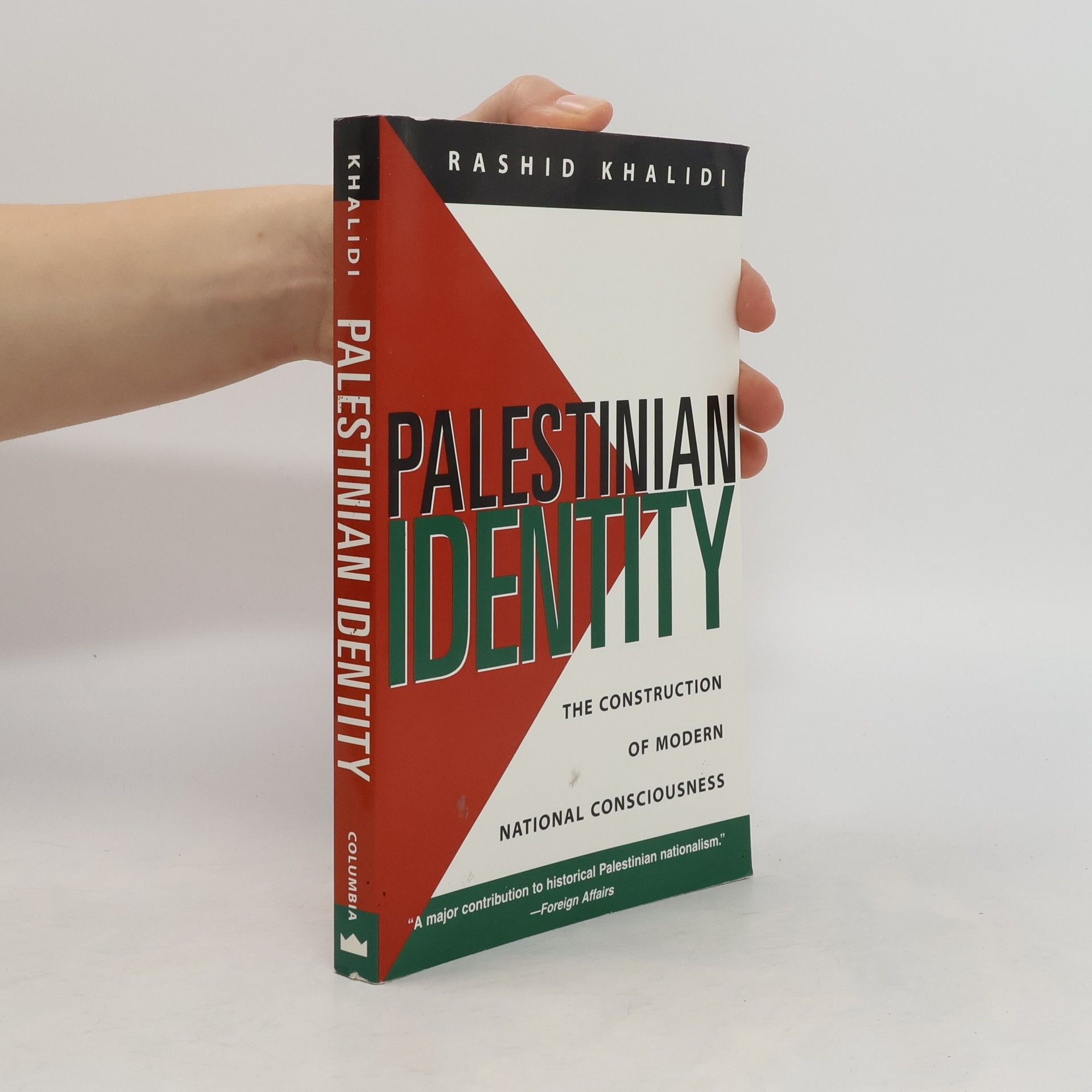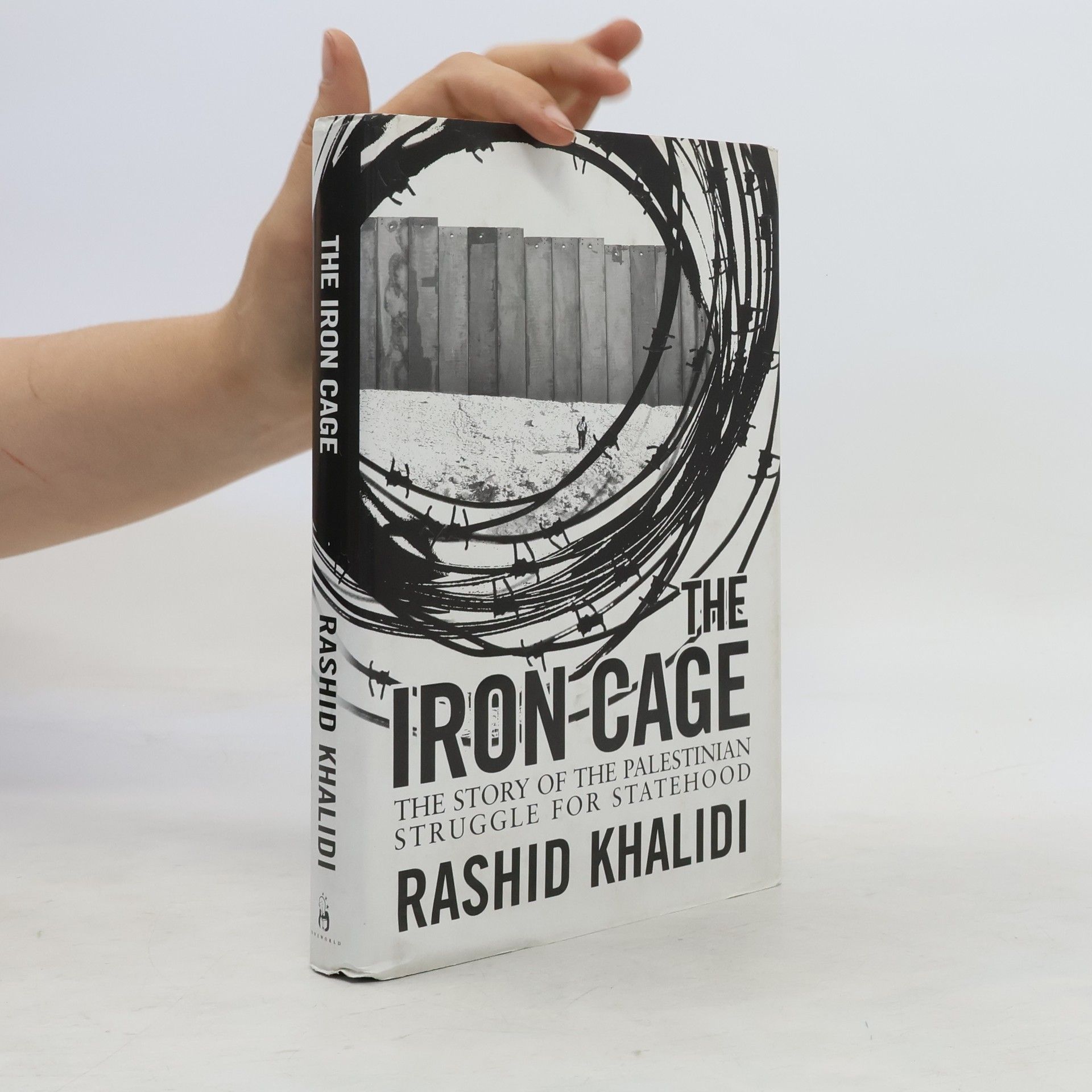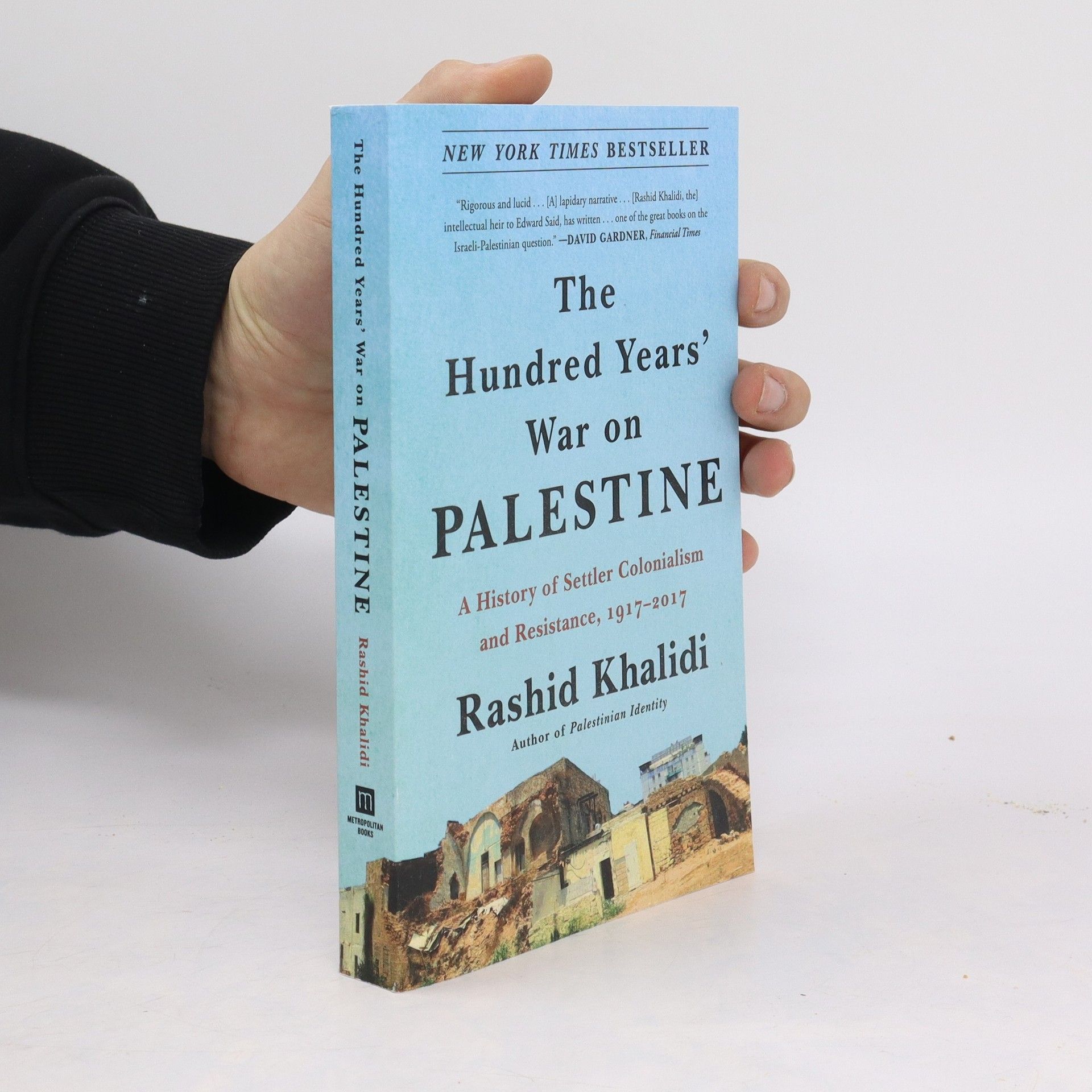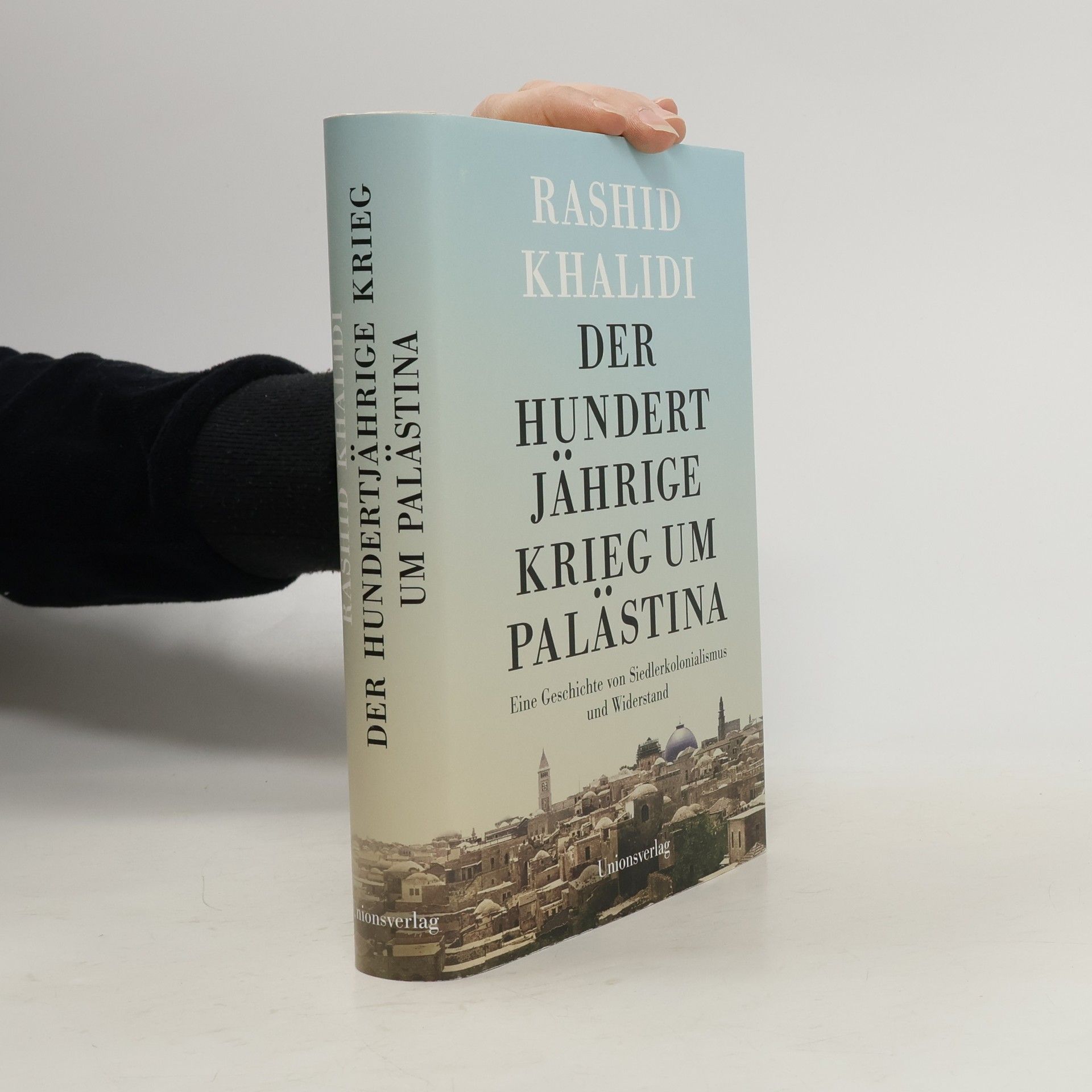Der Hundertjährige Krieg um Palästina
Eine Geschichte von Siedlerkolonialismus und Widerstand. Mit einem Nachwort zum Erscheinen der deutschen Ausgabe (März 2024). Mit einem Nachwort zum Erscheinen der deutschen Ausgabe (März 2024)
Der Bürgermeister von Jerusalem, Yusuf Diya al-Khalidi, schrieb 1899, beunruhigt über die Forderung nach einer jüdischen Heimstätte in Palästina, einen Brief an Theodor Herzl: Das Land habe eine einheimische Bevölkerung, die ihre Vertreibung nicht akzeptieren würde. Er schloss mit den Worten: »In Gottes Namen, lasst Palästina in Frieden.« So beginnt Rashid Khalidi, der Groß-Großneffe von al-Khalidi, diese Gesamtdarstellung des Konflikts aus palästinensischer Perspektive. Rashid Khalidi, Nachfolger Edward Saids an der Columbia University und einer der führenden Historiker des Nahen Ostens, stützt sich auf eine Fülle von unerschlossenem Archivmaterial. Er zeichnet die Geschichte eines hundertjährigen Kolonialkriegs gegen die Palästinenser nach und legt den Finger auch auf die Fehler der palästinensischen Führung.






